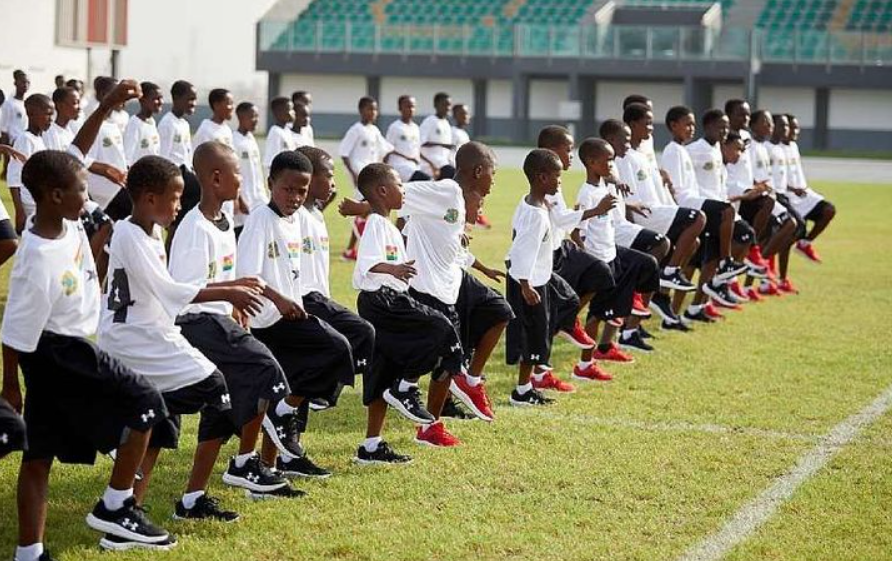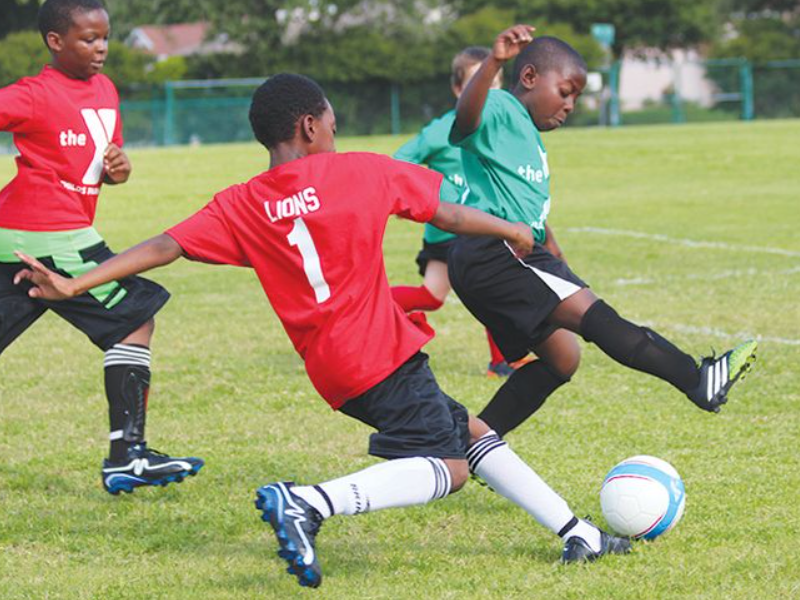In many rural corners of Africa, football is more than just a game — it’s a lifeline. In communities where access to education, healthcare, or infrastructure is often limited, football offers a path toward development, empowerment, and even international success.
The simplicity of the sport — a ball and open space — makes it accessible. But behind the fun and passion lies something more powerful: the ability to unite communities, inspire children, and create real opportunities for a better life.
Football Academies That Make a Difference
Grassroots initiatives and football academies have become catalysts for personal and social change across rural Africa. Often supported by NGOs or former athletes, these programs aim to build talent while also focusing on education, discipline, and life skills.
| Academy Name | Country | Focus Area |
|---|---|---|
| Right to Dream | Ghana | Education & Elite Training |
| Diambars Institute | Senegal | Character Development & Football |
| TikiTaka Africa | Côte d’Ivoire | Community-Based Training |
These institutions are more than just sports centers — they’re schools, homes, and safe spaces for thousands of children with limited opportunities elsewhere.
Real-Life Impact: From Villages to Stadiums
Consider the journey of Sadio Mané, who grew up in the village of Bambali, Senegal. Despite no electricity and minimal resources, he pursued his dream with determination. He eventually joined a youth program, caught international attention, and rose to global stardom.
Similar stories are emerging across Africa, where young players from modest backgrounds are discovered through local tournaments or academy programs. These success stories serve as beacons of hope in communities that have long struggled with poverty and limited access to development tools.

Benefits That Last a Lifetime
Football doesn’t just improve physical health or talent — it generates long-term impact. Many communities report:
- Improved school attendance thanks to sport-linked education programs
- Fewer youth involved in crime due to structured coaching environments
- Economic boosts during local matches via vendors and transport operators
Parents, once skeptical, now view football as a chance for their children to access new opportunities — both on and off the pitch.
Local Heroes & Role Models
One of the most powerful effects of football in rural areas is the rise of homegrown heroes. These aren’t always famous stars. Often, they’re former academy students who return to teach, coach, or organize village tournaments. Their stories inspire the next generation to work hard and believe in the power of teamwork and education.
Community Investment and Adaptation
While funding remains a challenge, communities are stepping up. Fields are marked by hand, uniforms are shared, and coaches volunteer their time. These grassroots efforts may seem small, but they build social cohesion, discipline, and joy.
In northern Ghana, one village transformed a dry plot of land into a youth training ground using recycled tires as goals and old uniforms from donations. Over 100 children now train weekly.
Football in rural Africa is more than just a sport. It’s a movement that’s transforming lives, inspiring dreams, and creating lasting social change. Through local academies, role models, and determination, football is offering hope — and a future — to thousands across the continent.














